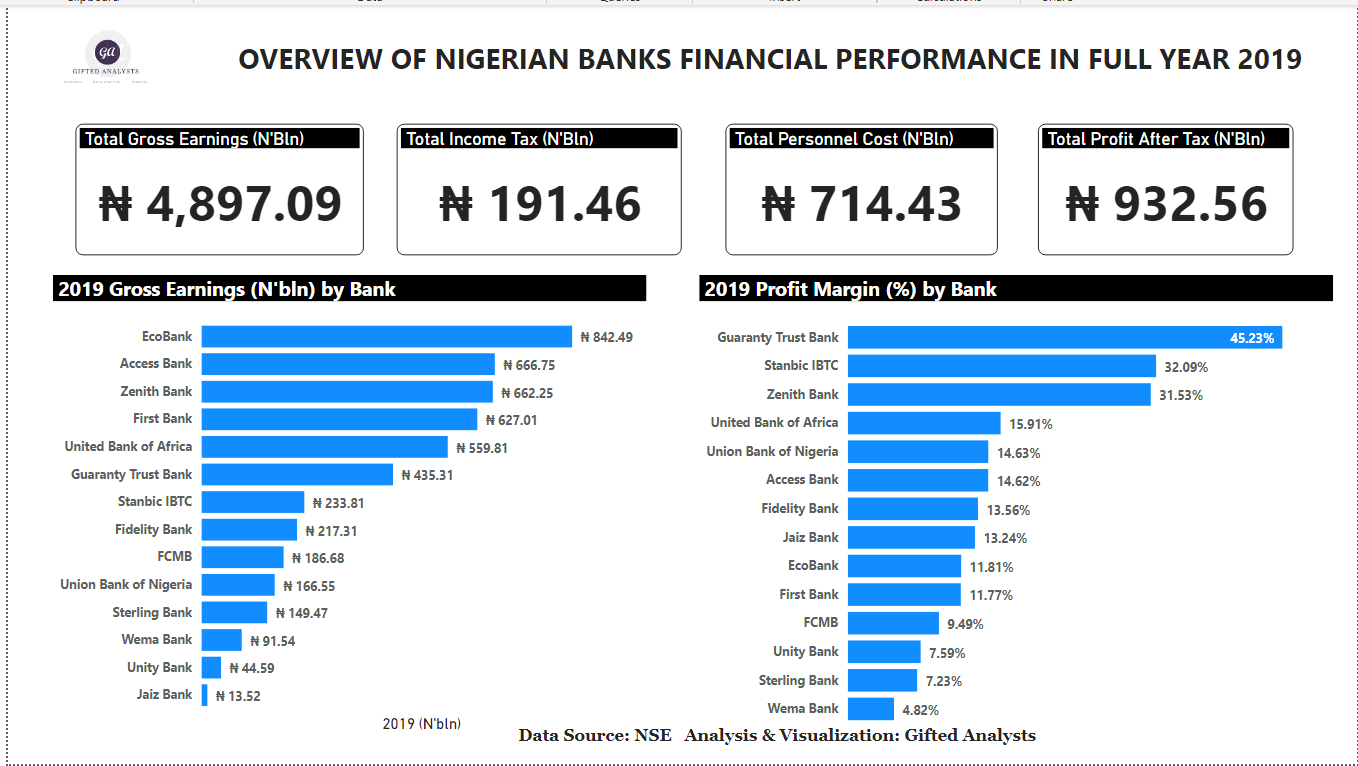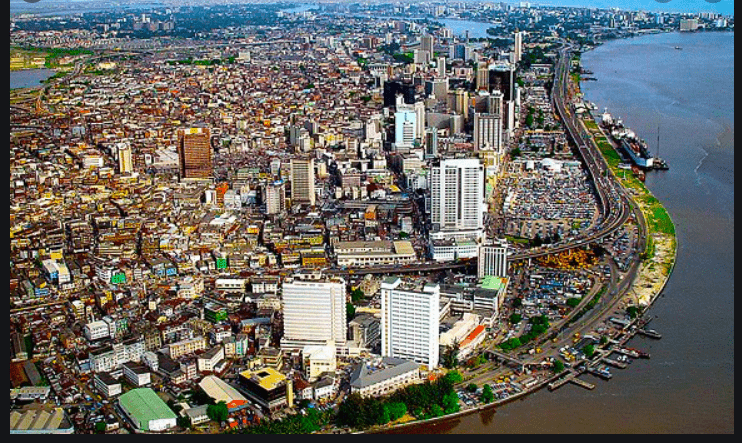COVID-19 is Reducing Domestic Remittances in Africa: What does it Mean for Poor Households?
The amount remitted by migrants from Sub-Saharan Africa (SSA) has grown tenfold in two decades, from $4.8 billion in 2000 to $48 billion in 2018. This reflects a steady increase in the number of people who decided to move in search of a better life: from 21.6 million in 2000, the number of migrants from Africa grew to 36.3 million in 2017.



![[ANALYTICS] Domestic Debt Profile by Geo-Political Zone](https://giftedanalysts.com/wp-content/uploads/2020/07/Debt-by-Geo-1.png)
![[ANALYTICS] States with the Highest Debt Profile as at Q1’20](https://giftedanalysts.com/wp-content/uploads/2020/07/Top-10-Highest-1.png)




